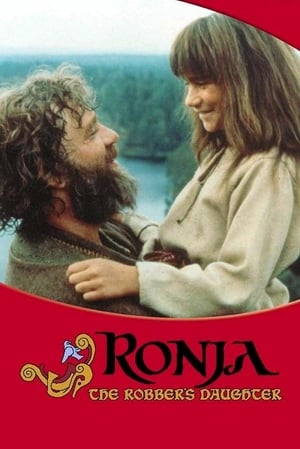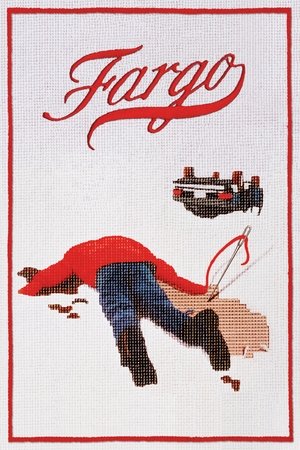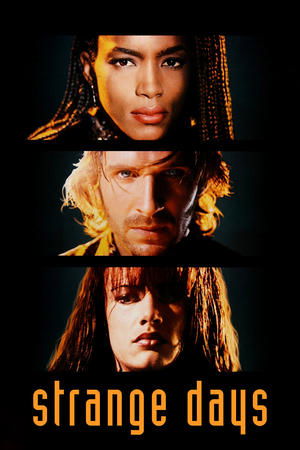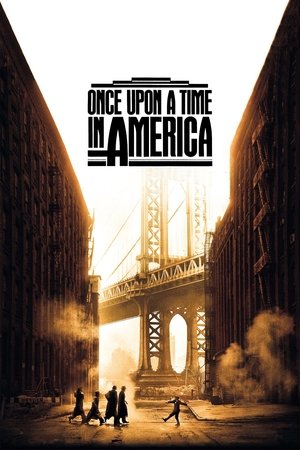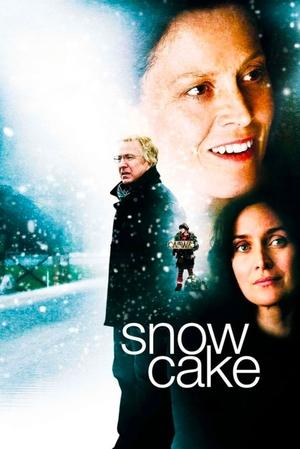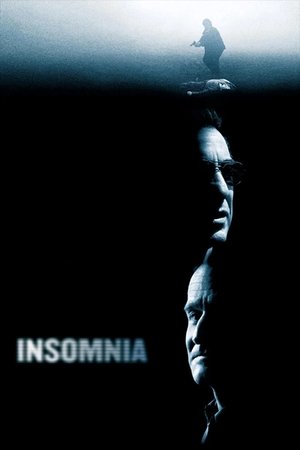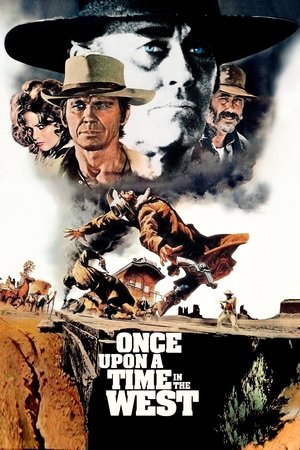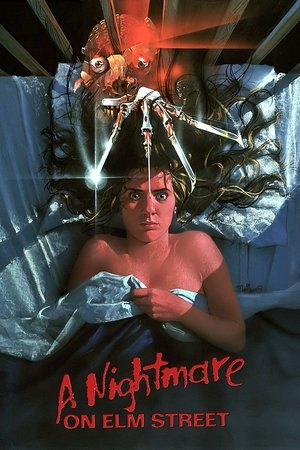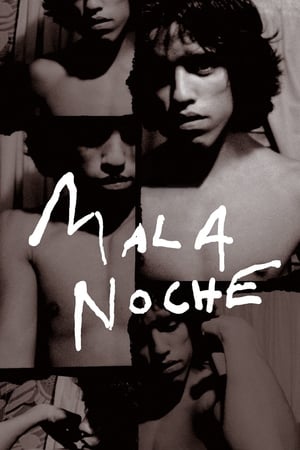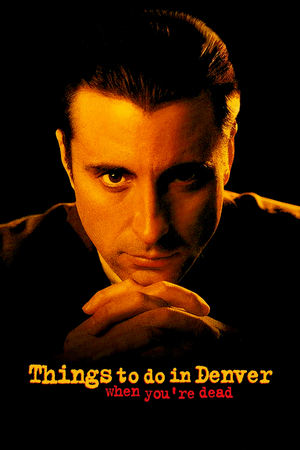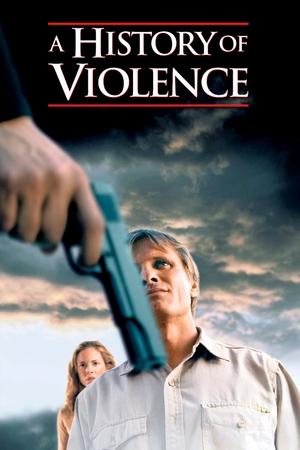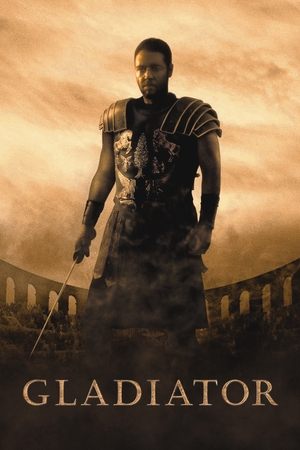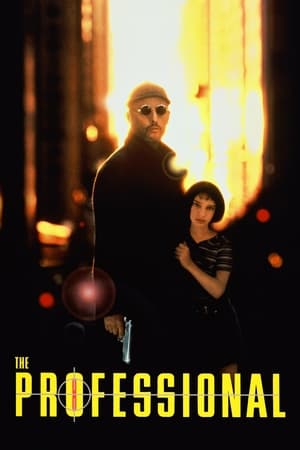Overview
A European prince terrorizes the local peasantry while using his castle as a refuge against the "Red Death" plague that stalks the land.
Reviews
Bold, Daring, Lurid.
Visually appealing and trippy in its telling, The Masque of the Red Death is a very acquired taste. Directed by Roger Corman, the film stars Vincent Price as the diabolical Prince Prospero who holds fear over a plague infested peasantry while jollying it up in his castle. The screenplay by Charles Beaumont and R. Wright Campbell is based upon a short story written by Edgar Allan Poe, while part of the film contains a story arc based on another Poe tale titled Hop-Frog. It's the 7th of 8 Corman film adaptations of Poe's works.
Sinister yet beautiful (Nicolas Roeg genius like on photography), "Red Death" has proved to be the most divisive of all the Corman/Poe adaptations. Choosing to forgo blood in favour of black magic dalliance and general diabolism, the film is arguably the most ambitious of all Corman's love affairs with Poe's literary works. With Price gleefully putting gravitas of meanness into Prospero, the film also greatly benefits from the intelligent input to the script from Beaumont (many Twilight Zone credits). This is, strangely, an intellectual type of horror film, offering up observations on the indiscrimination of death and proclaiming that cruelty is but merely a way of life.
God, Satan and a battle of faith, are all luridly dealt with as the story reaches its intriguing and memorable closure. It's a very tough film to recommend with confidence, and certainly it's not a film one wishes to revisit too often (myself having viewed it only twice in 30 years!). However, the one thing that is a cast iron certainty is that it's unlike most horror film's from the 60s. It's also one of Price's best performances. Gone is the camp and pomposity that lingered on many of his other horror characterisations, in its place is pure menace of being. A devil dealer shuffling his pack for all his sadistic worth.
You may feel afterwards that you must have eaten some weird mushrooms, or that the last glass of wine was one too many? You are however unlikely to forget "The Masque of the Red Death" in a hurry. 7/10
***Castles, peasants, diabolical princes, plague, death and Vincent Price***
During what appears to be the late Medieval era in (presumably) Britain, pompous Prince Prospero tyrannically reigns, terrorizing the serfs, while holding up in his castle with other “royals” during the plague of the Red Death. Hazel Court plays his seasoned nefarious babe in the castle whereas Jane Asher appears as his new interest, a virginal, God-fearing peasant girl.
Produced & directed by Roger Corman for American International, “The Masque of the Red Death” (1964) is Gothic horror with a huge rep based on the Poe yarn from 1842. It has a good Gothic mood (similar to Hammer horror of the period) and a heavy subtext, but I found the story relatively dull. I prefer Corman's "The Terror," which came out the year before and was considerably cheaper. The sets & costumes are colorful and the cast is noteworthy, but the sets sometimes look artificial. “Conqueror Worm,” aka “Witchfinder General” (1968), has a more authentic feel while “Cry of the Banshee” (1970), also from American International, rehashes similar territory and is pretty much on par.
The overt satanism might be surprising for a film shot in 1963, but this can be observed in comparable contemporary movies, like “Devils of Darkness,” shot in 1964. Neither film paints satanism in a positive light, but Anton LaVey capitalized on this new interest and sprung his “church” of satan in 1966.
The alluring young redhead, Jane Asher, was Paul McCartney's girlfriend in the 60s. During production in December, 1963, she brought Paul to the set for lunch wherein he met Corman. This was the latter’s first film in England and he didn’t know who McCartney was. The Beatles’ first significant gig in nearby London was that night and Roger wished Paul well. The next day Corman read the gushing (and deserved) praise for the Beatles & their performance in the newspaper; it was the beginning of Beatlemania.
The movie seems to be set in the Middle Ages, perhaps the mid-late 1300s when the Black Death reigned. But there is no actual indication in Poe's tale that the story has to happen before 1500 or even 1600, 1700 or 1800. The “Red Death” is an imaginary plague and therefore the story does not HAVE to occur in the 1300s when the Bubonic Plague swept Europe. The events could even take place in the future.
The film runs 1 hour, 29 minutes, and was shot on sets left over from Becket (1964) at Associated British Elstree Studios, Shenley Road, Borehamwood, Hertfordshire, England, just northwest of London.
GRADE: B-/C+

 90 min
90 min
 6.579
6.579
 1964
1964
 USA
USA
 John Chard wrote:
John Chard wrote: